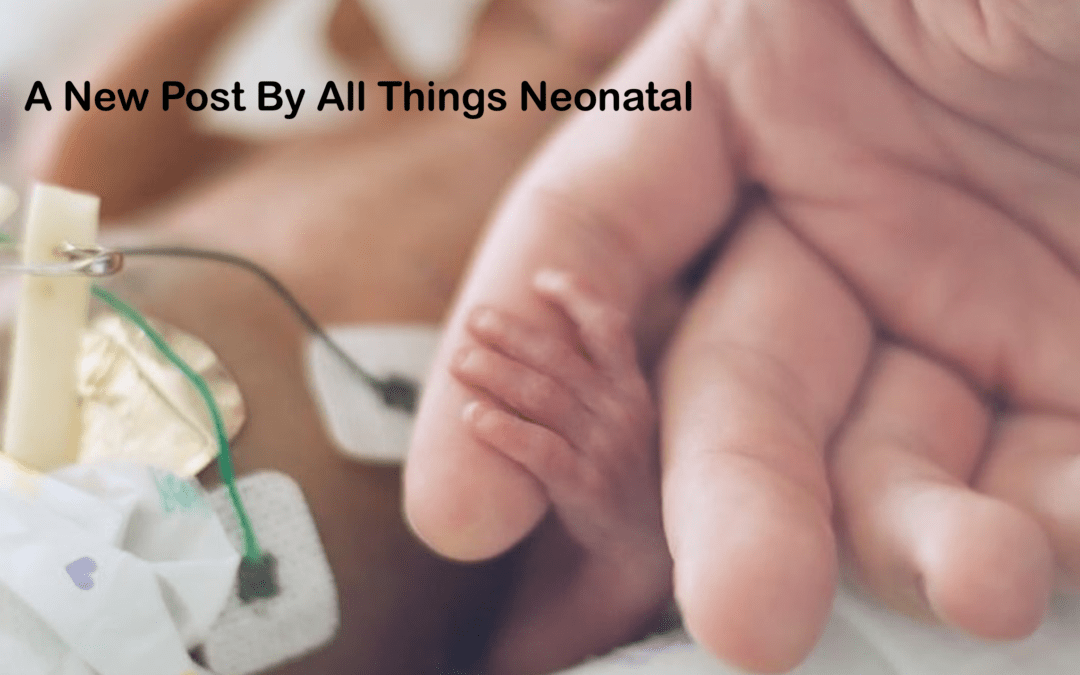A few years ago targeted echocardiography (or functional echo) became all the rage. As trainees in this field have become spread across this country and others it is natural that attention would turn to other deficiencies in Neonatology. The new thing on the block appears to be Neonatal Neurocritical Care with the concept being that building teams devoted to the pursuit of better neuro outcomes for babies is needed. I am not here to say otherwise but to acknowledge that this is a good thing for our field. Building a local expertise for such at risk infants is a wise plan as with anything if we focus and a small area and put lots of hours in you can only get better.
New CPS Statement
This past month the CPS released a new position statement entitled Neuroprotection from acute brain injury in preterm infants . As Chair of the committee and writer of this blog I thought it might be nice to point out the timely release of this statement. One of the authors Dr. Khorshid Mohammad  was recently in Winnipeg for our POCUS workshop and spoke about neurocritical care for neonates as part of the meeting. I would encourage you to read through the new statement but wanted to point out a couple interesting recommendations that serve as a departure from practice (or at least my own).
was recently in Winnipeg for our POCUS workshop and spoke about neurocritical care for neonates as part of the meeting. I would encourage you to read through the new statement but wanted to point out a couple interesting recommendations that serve as a departure from practice (or at least my own).
Antenatal steroids should be given to those 34 0 – 34 6/7 weeks.
This is something that comes out of the literature that has looked more broadly at the group from 34 0/7 – 36 6/7 weeks. The recommendation really is an acknowledgement that if there is benefit it is likely coming from those infants just past the 34 week mark. Older infants may benefit but the numbers needed to treat are so high that it calls into question the real need for such treatment.
A new approach to treating hypotension
An approach that moves away from treating numbers is recommended. How many times have you been asked how low a blood pressure should be allowed to drift before starting inotropes? Evidence is mounting that early use of inotropes themselves is linked to IVH. A more nihilistic approach is favoured here by looking at measures of end organ impact before instituting such therapy. What is the urine output, perfusion and lactate should motivate treatment more than just the number itself. If you are fortunate enough to have targeted echocardiography at the ready it is recommended to utilize that modality to help guide your treatment as well.
I won’t go through the whole document as I would love for you to read it yourself and see how it may apply to your own centre. I think the statement is significant though in that it really does marshal in a new era in the field of neuroprotection. I am pleased that the CPS is taking a position on this and if you need any other guidance be sure to visit our webpage at the Fetus and Newborn Committee which can be found at:
https://www.cps.ca/en/documents/authors-auteurs/fetus-and-newborn-committee

